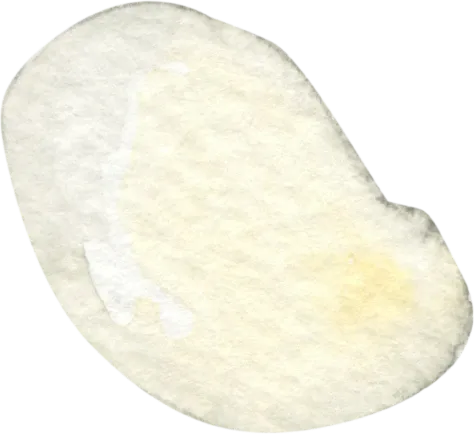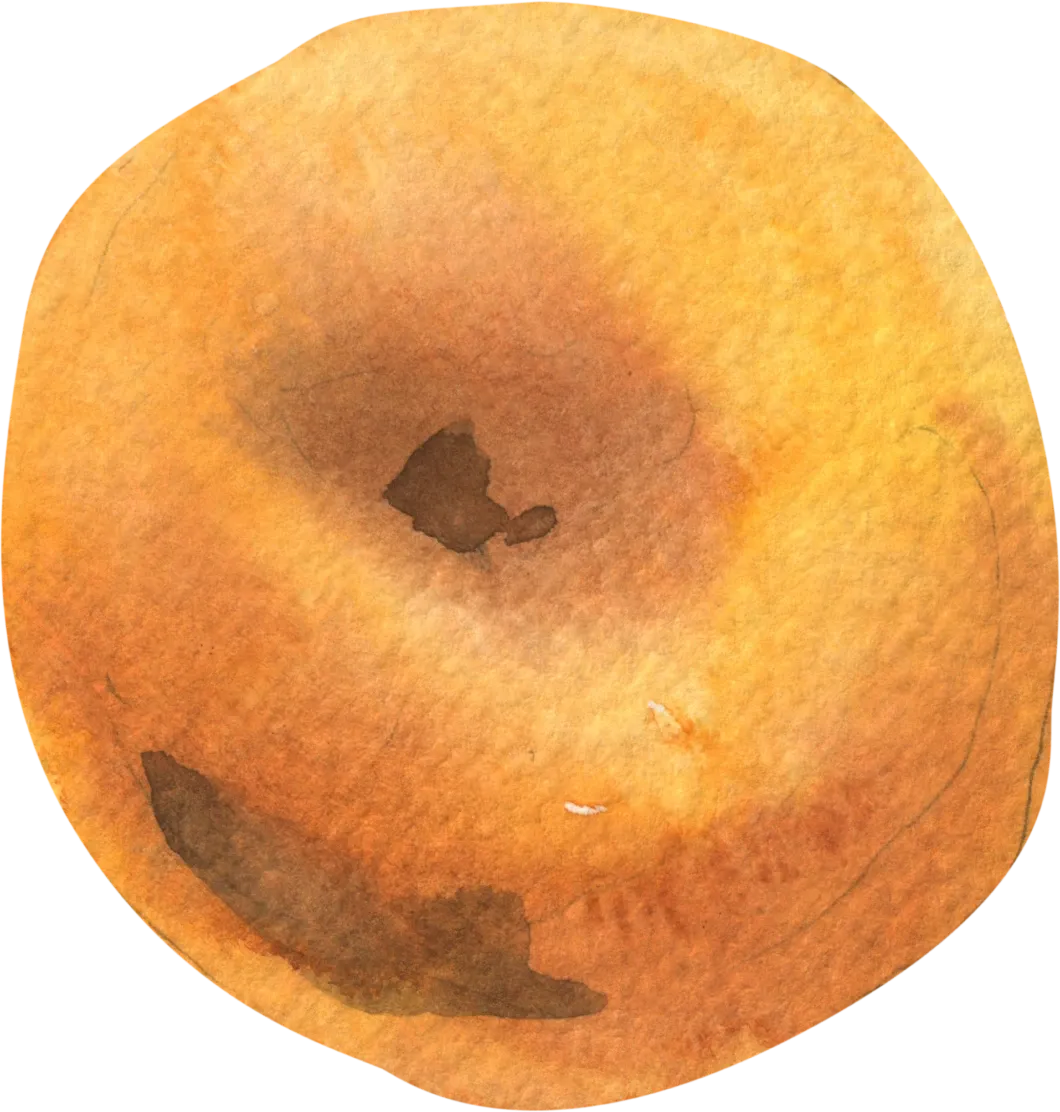The Health Benefits of Fava Beans: A Protein-Rich and Nutritious Legume
Introduction
Fava beans, also known as broad beans, are a versatile and nutrient-packed legume commonly used in Mediterranean, Middle Eastern, and African cuisines. With a creamy texture and slightly nutty flavor, fava beans are a delicious way to add protein, fiber, and essential vitamins to your diet. Whether eaten fresh, dried, or cooked, fava beans offer numerous health benefits that make them a valuable addition to any meal.
Health Benefits of Fava Beans
- Supports Muscle Health
Fava beans are a rich source of plant-based protein, making them an excellent choice for muscle growth and repair. For those following a vegetarian or vegan diet, fava beans provide a high-protein alternative to animal products.
- Promotes Heart Health
The high fiber content in fava beans helps lower cholesterol levels, reducing the risk of heart disease. Additionally, fava beans are a good source of potassium and magnesium, which aid in regulating blood pressure and supporting cardiovascular health.
- Rich in Antioxidants
Fava beans contain a variety of antioxidants, including flavonoids, which help neutralize free radicals and protect the body from oxidative stress. These antioxidants reduce inflammation and lower the risk of chronic diseases such as heart disease and cancer.
- Supports Digestive Health
The fiber in fava beans promotes healthy digestion by supporting regular bowel movements and feeding beneficial gut bacteria. A diet rich in fiber can also reduce the risk of digestive issues, including constipation and diverticulosis.
- Supports Brain Health
Fava beans are rich in folate, a B-vitamin essential for brain health and cognitive function. Folate helps support the production of neurotransmitters and can improve mood, memory, and overall brain function.
Creative Ways to Enjoy Fava Beans
Fava beans are versatile and can be enjoyed in a variety of dishes:
- In Salads: Add cooked fava beans to salads for a protein boost and a creamy texture that complements greens and grains.
- In Hummus: Blend fava beans with olive oil, garlic, and lemon juice for a delicious twist on traditional hummus.
- In Stews and Soups: Use fava beans as a hearty base in soups or stews for a rich, filling meal.
- Roasted: Roast fava beans with spices for a crunchy and flavorful snack.
- In Pasta: Toss fava beans with pasta, herbs, and olive oil for a protein-rich and satisfying dish.
Conclusion
Fava beans are a nutrient-dense legume that offers a wide range of health benefits, from supporting muscle and heart health to promoting digestion and brain function. Whether added to salads, blended into hummus, or used in soups, fava beans are a versatile and nutritious addition to any meal. With their high protein and fiber content, fava beans are an excellent choice for those looking to improve overall health and wellness.
FAQs About Fava Beans
- Are fava beans good for weight loss?
Yes, fava beans are high in fiber and protein, making them a filling and nutritious option for those looking to manage their weight.
- How should I store fava beans?
Fresh fava beans should be stored in the refrigerator and consumed within a few days. Dried fava beans can be stored in an airtight container in a cool, dry place.
- Do fava beans lose nutrients when cooked?
Fava beans retain most of their nutrients when cooked, though boiling may slightly reduce their vitamin content. Steaming or lightly sautéing them helps preserve their nutritional value.
- Are fava beans AIP diet compliant?
No, fava beans are a legume and are not compliant with the AIP diet, which eliminates legumes.
- Are fava beans Low-FODMAP?
No, fava beans contain high levels of FODMAPs and may cause digestive discomfort for individuals with IBS.
- Are fava beans Low Histamine?
Fava beans are considered high histamine and may trigger reactions in individuals with histamine intolerance.
- Are fava beans Keto-friendly?
Fava beans are relatively high in carbohydrates, so they are not suitable for a keto diet. However, they can be consumed in moderation as part of a balanced diet.
Recipes
Check out our meal planning service by following these recipes:









